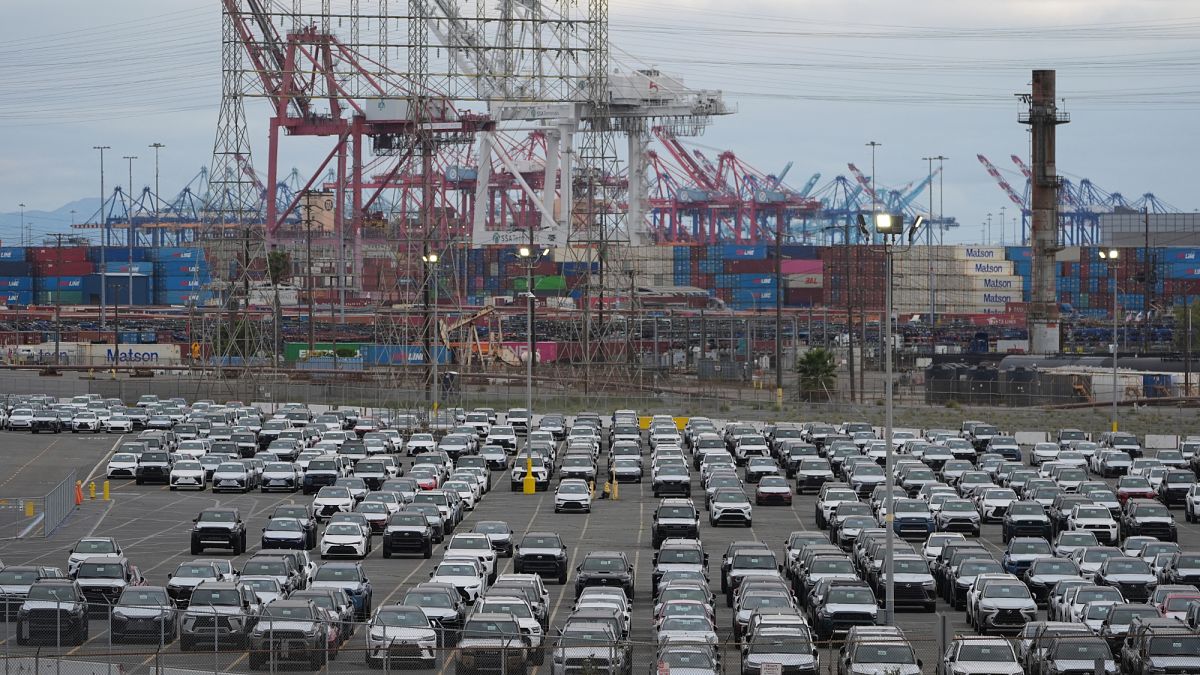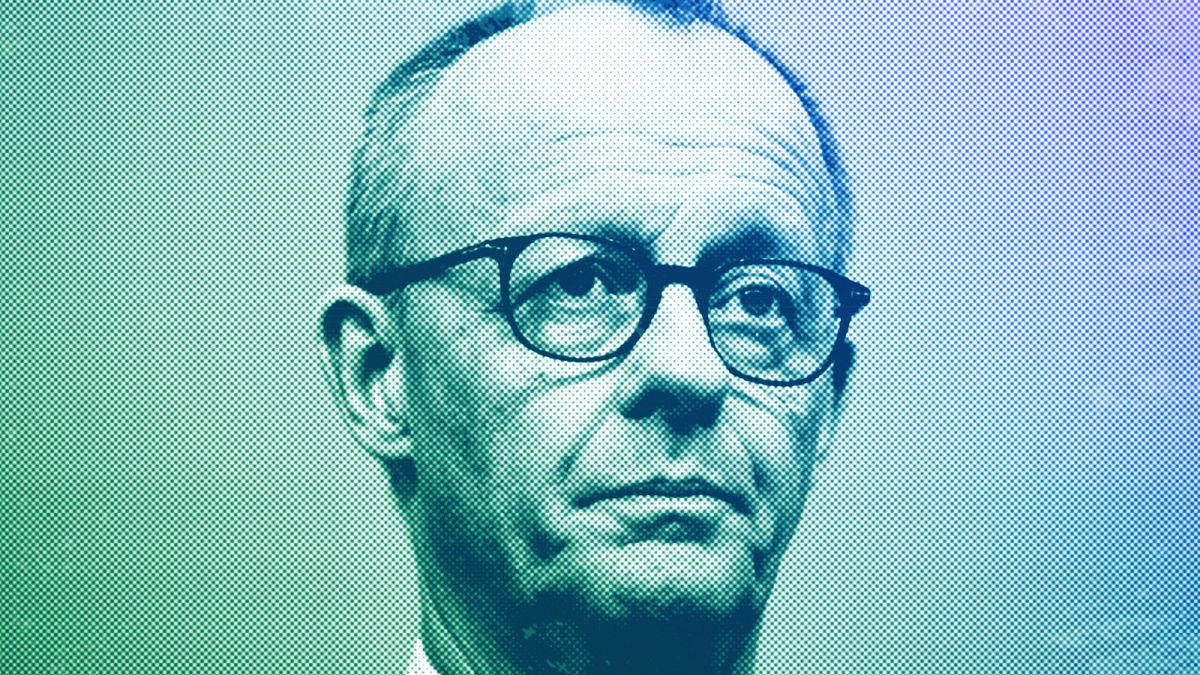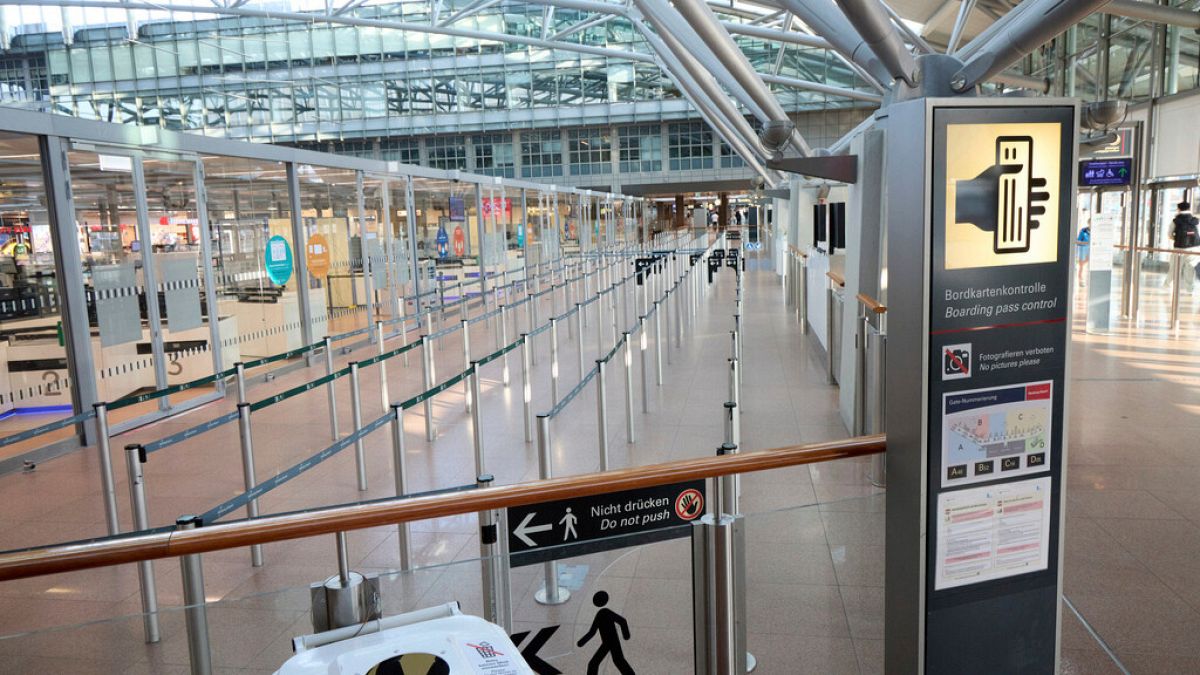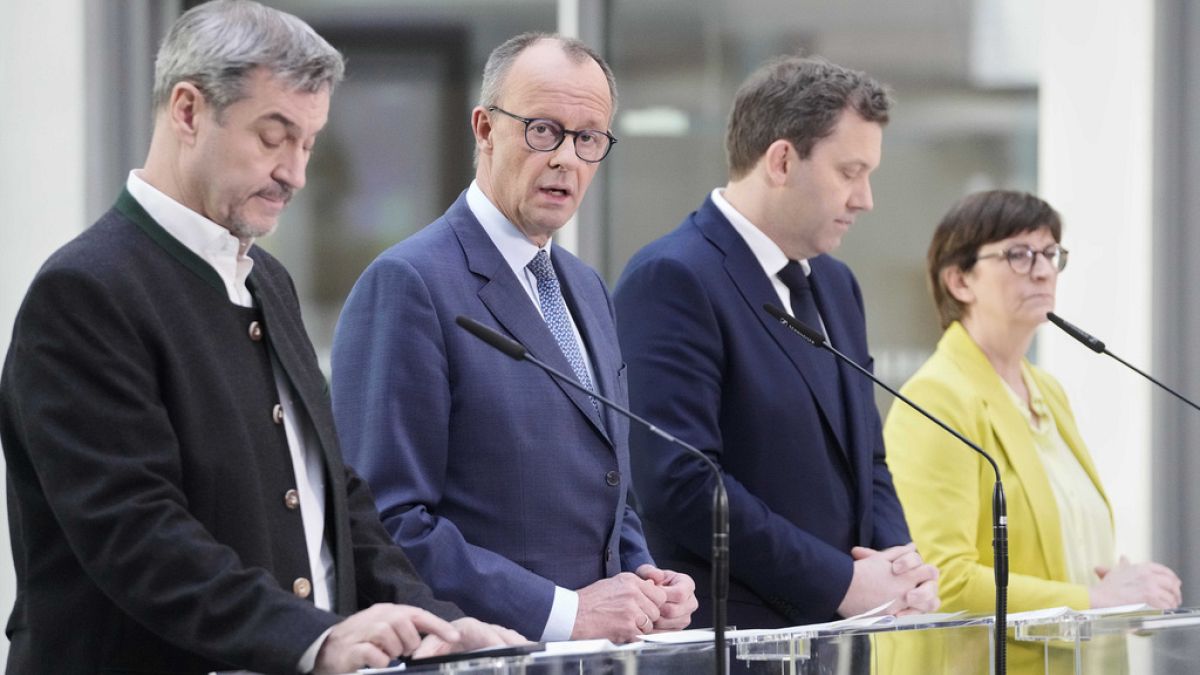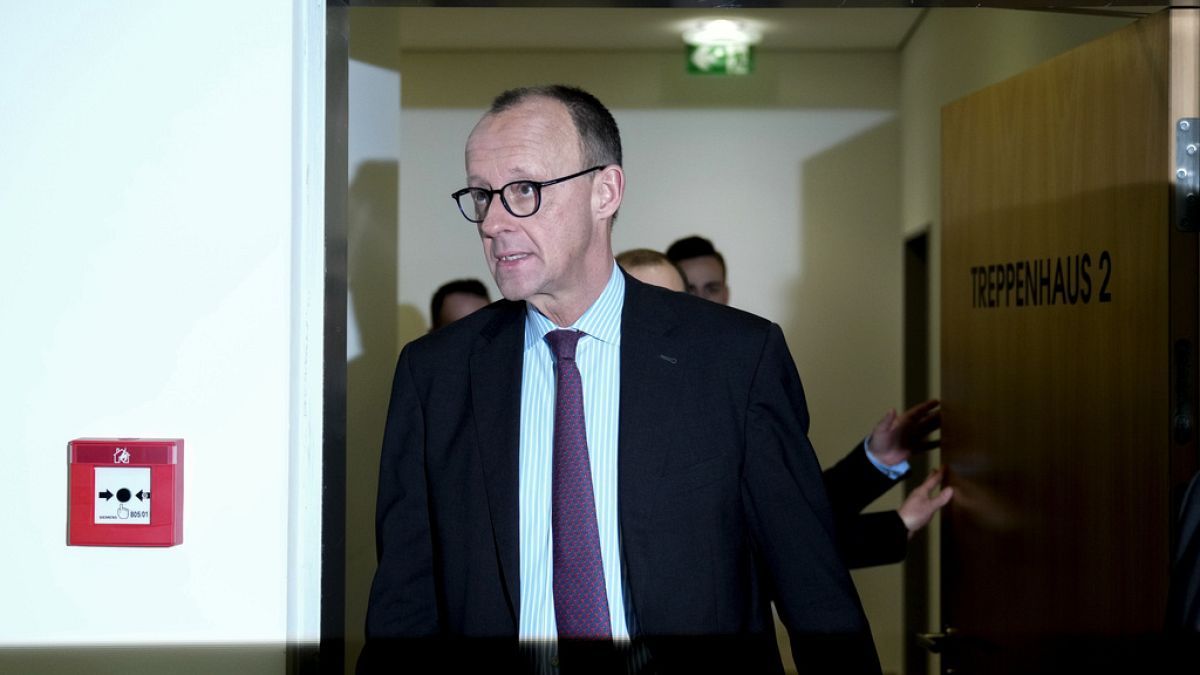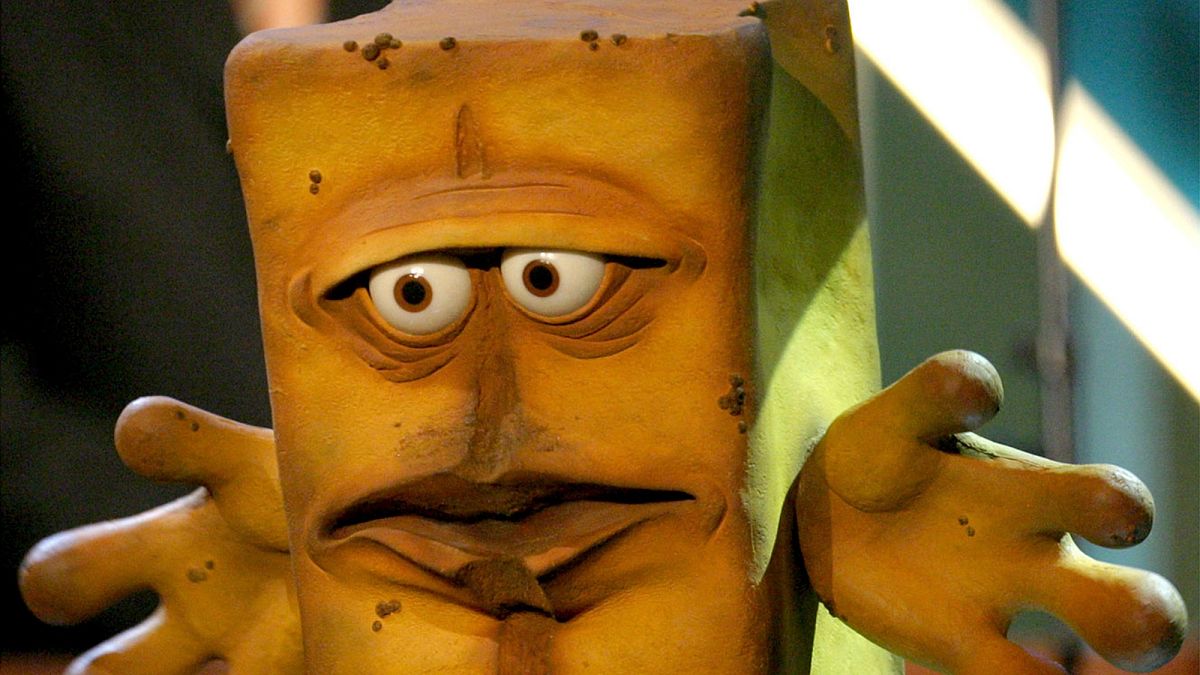Germany’s Olaf Scholz faces pressure to drop re-election campaign
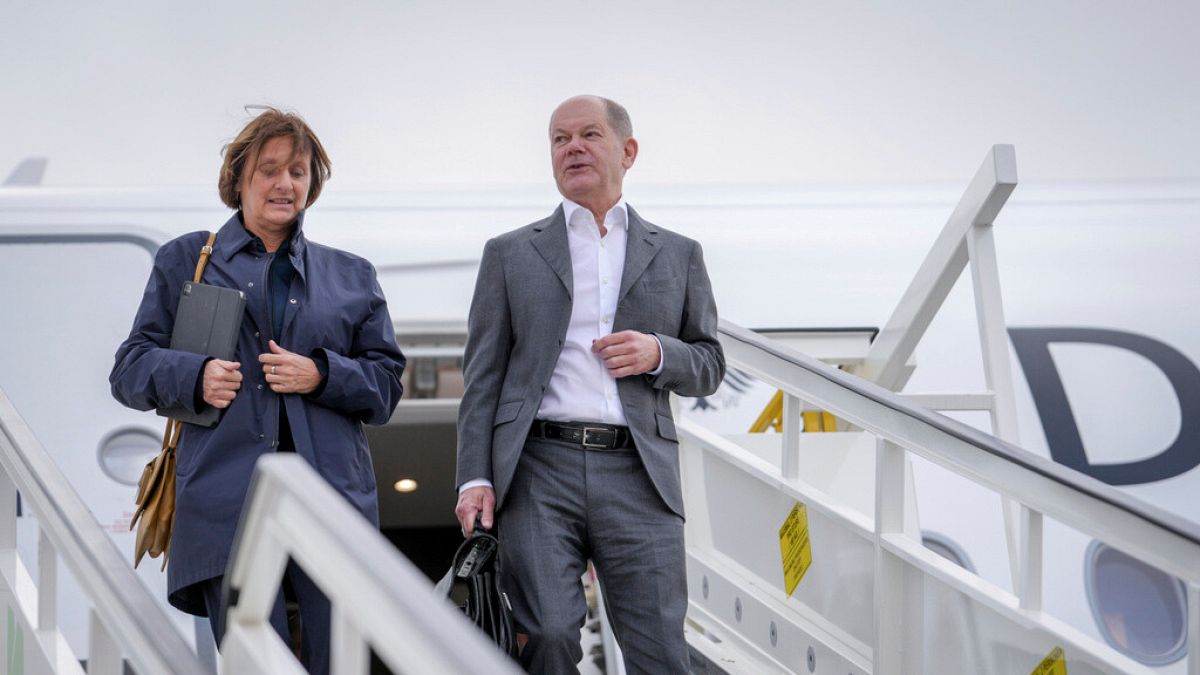
Members of the German chancellor’s Social Democratic Party are increasingly speculating that Scholz’s defence minister, Boris Pistorius, is a more popular choice to lead the country.
With federal elections looming after his coalition government collapsed, German chancellor Olaf Scholz is struggling to overcome dissent over whether he would be the best candidate to run for chancellor on behalf of his party.
With the Social Democrats (SPD) yet to formally nominate a candidate for chancellor in the 23 February elections, internal debate over whether Scholz is the right person for the job is growing louder — and numerous members have pointed to polls suggesting that the sitting defence minister, Boris Pistorius, would be a more popular choice.
In statements to public broadcaster WDR, Wiebke Esdar and Dirk Wiese, who lead a group of SPD lawmakers from North Rhine-Westphalia, said that a “debate” was playing out within the party’s regional constituencies about the “best political lineup” for the election, adding that Pistorius was an often circulated alternative for the role.
Markus Töns, spokesman for the SPD’s Bundestag members from the Ruhr region, added that the party needs a “fresh start.”
“That would be easier with Boris Pistorius than with Olaf Scholz,” he said.
Senior SPD figures have reiterated their support for Scholz, even as they have been unable to silence calls to replace him.
SPD leader Saskia Esken told ARD television that “We are determined to go into the election campaign with Olaf Scholz and to win this election together with him”.
Pistorius himself has denied positioning himself to be his party’s nominee, replying when asked by newspapers of the Bavarian Media Group that his popularity should not imply that the party’s leadership should choose him over Scholz.
He did not close the door completely, however, saying he “never wanted to rule anything out”.
A conference call between SPD leadership and Scholz on Tuesday evening suggested no resolution is in sight. The SPD’s executive committee have arranged a meeting for its top leadership on 25 November, with the deadline to decide the party’s nominee set for five days later.
In September, pollster Infratest Dimap Scholz’s found that Scholz’s personal approval rating sat at a dismal 18% — the lowest approval rating for a chancellor in decades.
In an interview with public broadcaster ARD on the side lines of the G20 summit, Scholz himself implied that he thought his party would nominate him again.
“The SPD and I have had a good time together and achieved success,” the chancellor said, insisting that he and the party would be able to emerge victorious from the election.
When asked explicitly about Pistorius’ potential as an alternative, he denied reports that he may be replaced and said that the public knew they could rely on him to “keep his nerve” in “dangerous times”.
Internal conflict heats up
Senior members of Scholz’s party have so far remained behind him even as his tenure has seen the SPD’s approval ratings decline, falling from from 25.7% when he first entered office as chancellor to 16% today, according to public broadcaster ZDF.
This leaves the SPD lagging behind the Christian Democratic Union (CDU), whom Scholz and his coalition partners replaced in government after the election of September 2021.
Some party members have tied Scholz to the ruling coalition’s unpopularity and its chaotic collapse in recent weeks.
But questions over whether Scholz should be re-nominated for the chancellor role in his own party existed before the ruling coalition’s collapse brought forward snap elections to 23 February.
Lower-level party members questioned whether Scholz could lead the SPD to victory following regional elections in the eastern state of Brandenburg.
Although the SPD won that contest, many claimed this was due to the popularity of SPD regional governor Dietmar Woidke, who successfully kept Scholz away from his campaign.
Other political parties in Germany have already decided on their candidate, with the Greens nominating Robert Habeck and the CDU putting forward Friedrich Merz.
Source: Euro News





